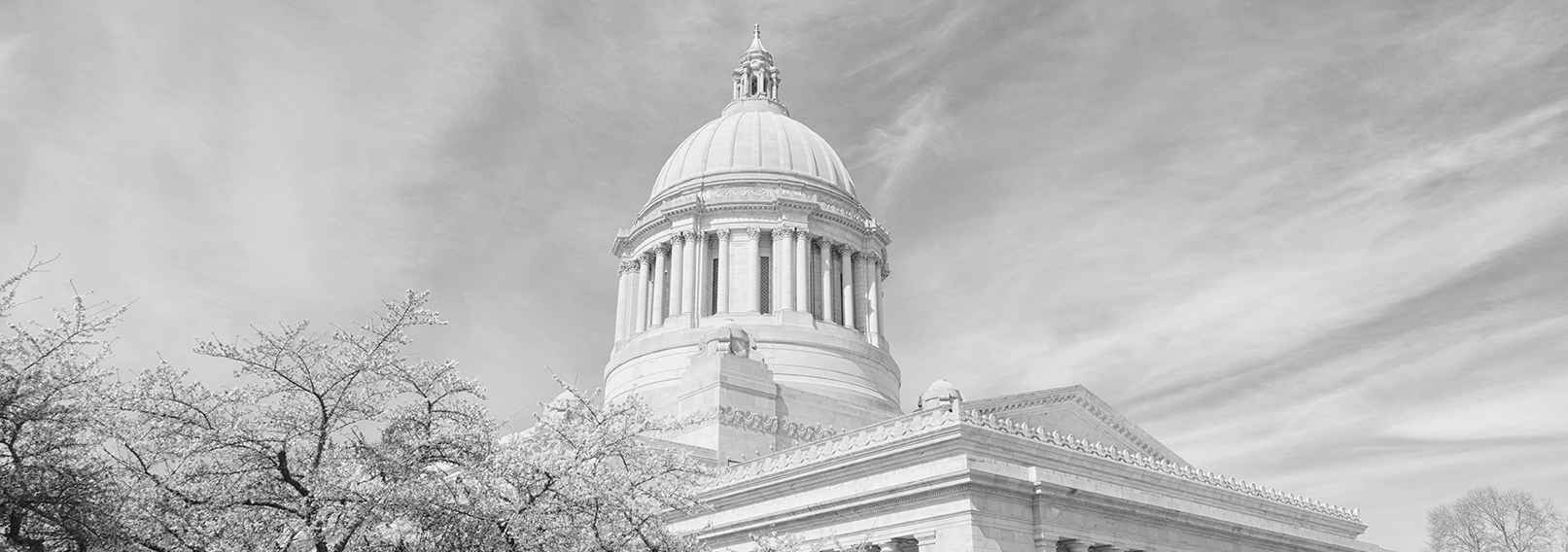The WSAC Legislative Steering Committee (LSC) voted last week to support the Wildfire Prevention and Preparedness Act that will be introduced during the upcoming session. The committee debated fiercely, and the final approval came with some strings attached.
The proposal, brought forward by the Washington State Department of Natural Resources (DNR), would create a new revenue source for wildland fire prevention and forest health work by the agency. Funds raised would be dedicated to various activities consistent with DNR’s 10-Year Wildland Fire Protection Strategy and Forest Action Plan, and their 20-Year Eastern Forest Health Strategy. The source of the revenue is a new $5 annual surcharge on property and casualty insurance policies sold in the state, like home and auto insurance.
It is estimated the surcharge will generate $62.5 million per year or $125 million per biennium.
Much of the debate about this year’s bill centered on whether the state could be relied upon to use the funds as intended. Too often counties see proposals by the Governor and the legislature that sweep funding from its intended purpose to use it for other things. It is a bit more understandable during difficult financial times, but lately, budgets have done the same thing during strong state revenue growth.
Unfortunately, trust from counties that funds will be used as intended by the state, has eroded over the years.
In the end, though, the LSC agreed that forest health and wildland fire prevention work is important and desperately needed. In most cases, the state forest lands which will receive the benefit of the revenue also provide direct revenues for county services and local schools. The bill also includes assurances that no less than $25 million per biennium will be dedicated exclusively to investments in forest health activities.
The LSC decided to take the risk and support the proposal including the new surcharge. The support, however, is contingent upon the bill being amended to include a 5-year sunset clause, with an opportunity for renewal by the legislature. The sunset clause would provide an opportunity to measure whether the funding is being used as intended and whether it is being used effectively.



